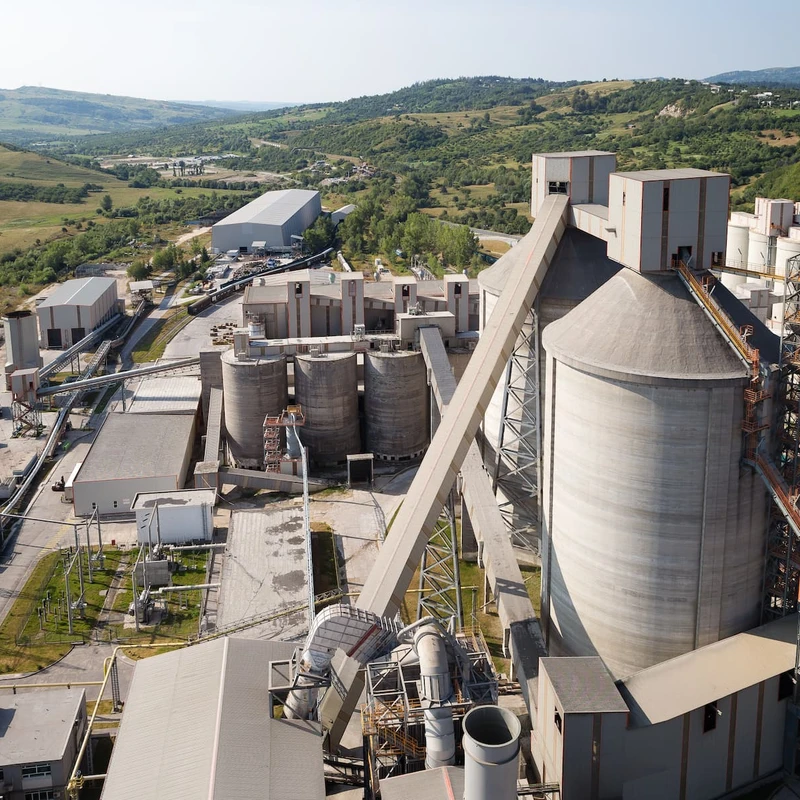
Business Mergers and Acquisitions
Strategic valuations to guide growth through mergers and acquisitions.
Mergers and acquisitions are vital strategies for companies looking to grow by acquiring businesses that complement their existing operations. During this process, it's crucial to assess a company's value accurately.
Three main valuation methods are typically used to determine the value of a business:
- Market Approach: This method compares the target company’s earnings with those of similar businesses in the same industry. Common earnings measures such as EBITDA, EBIT, or Net Profit are used to calculate appropriate multiples, helping determine the company’s value based on comparable transactions.
- Income Approach: This method evaluates the company based on anticipated future cash flows, known as Discounted Cash Flow (DCF). Future cash flows are discounted to their present value using a discount rate, typically WACC (Weighted Average Cost of Capital), which accounts for the company’s risk profile.
- Asset-Based Approach: When a business holds significant tangible assets like land, buildings, and machinery, this approach is essential. It takes into account the market and cost of assets, factoring in any obsolescence due to technical, functional, or economic reasons.
It’s important to note that book values on depreciation schedules or fixed asset registers don’t always reflect the true market value of assets. These valuation approaches offer more accurate insights into a business’s worth and support negotiations during mergers and acquisitions.

Asset Valuation for Acquisitions
Accurate assessments for informed business decisions and compliance.
For businesses involved in acquisitions, tangible assets must be assessed at market value to ensure informed decision-making. When a deal is negotiated, the buyer must allocate the purchase price among various asset classes, such as tangible assets, intangible assets, and goodwill (if applicable). This ensures that the price reflects the true value of the business.
We assist in undertaking valuation of fixed assets of acquiring entities for stamp duty, landholder's duty, tax, and financial reporting purposes. In addition, we provide physical verification of assets, asset register reconciliation, and asset register cleanup to ensure accurate representation of the assets acquired.

Under Australia's tax consolidation regime, determining asset values for joining subsidiaries is crucial. The new tax costs of property, plant, and equipment need to be reset at market value when joining entities form a consolidated group. We follow the guidelines outlined by the Australian Taxation Office under the “Market Valuation for Tax” and the “Consolidation Reference Manual” to ensure compliance and accurate reporting.
We provide valuation services Australia-wide, covering major cities, regional centres, and remote locations, ensuring comprehensive and accurate assessments.
All reports adhere to the International Valuation Standards (IVS), as published by the International Valuation Standards Council.
Independent Property, Plant, and Machinery Infrastructure Valuation Australia-Wide
Speak to B&A Valuers today for a no-obligation initial discussion on your valuation requirements.